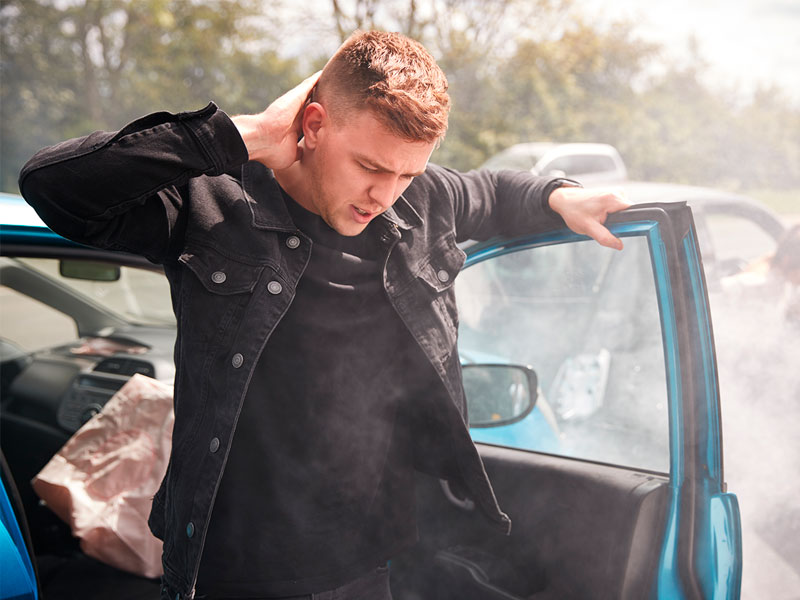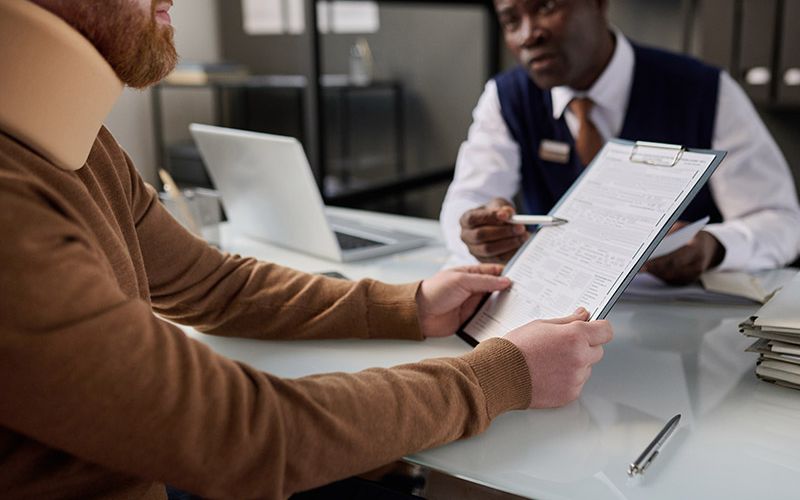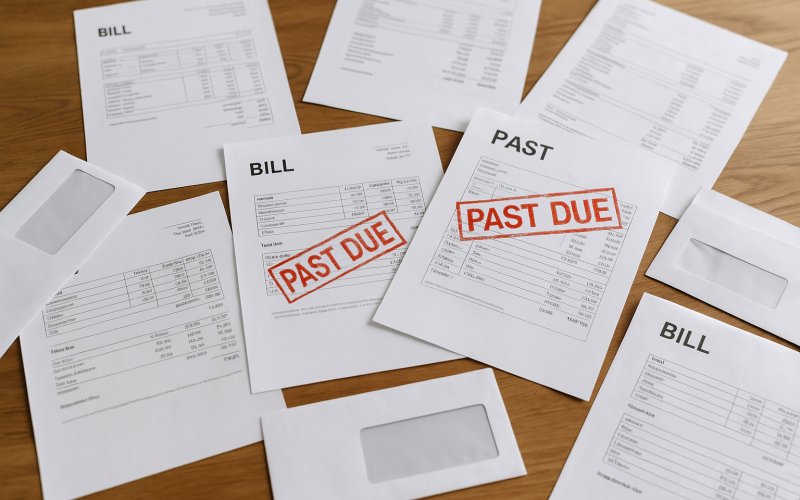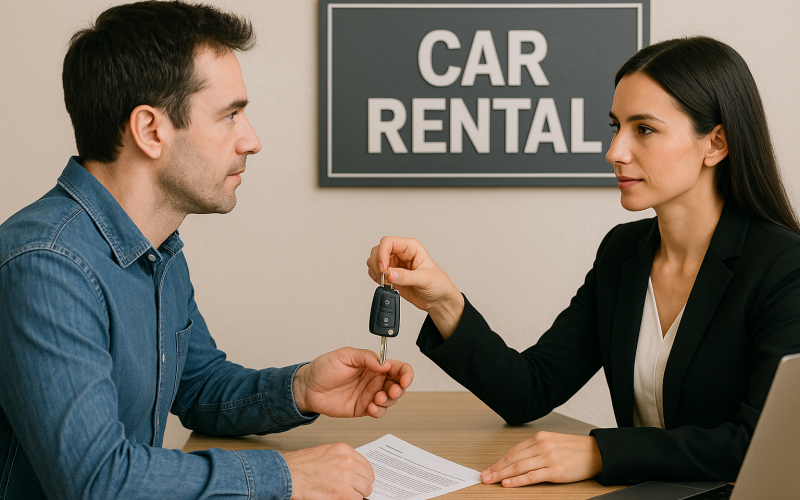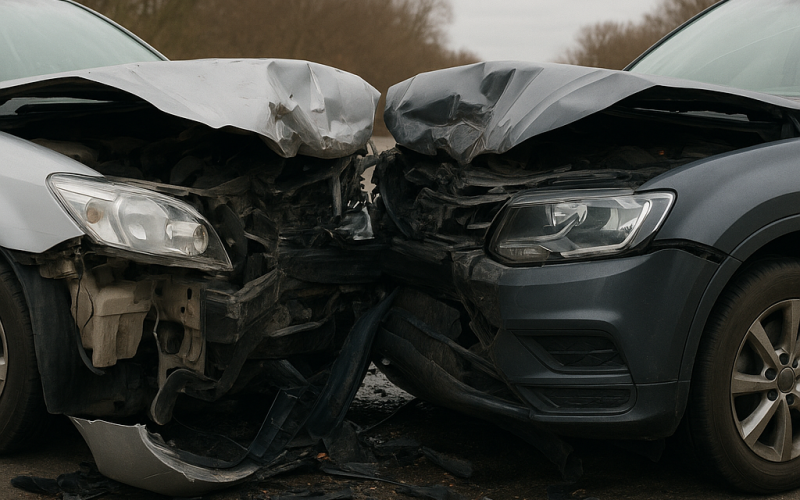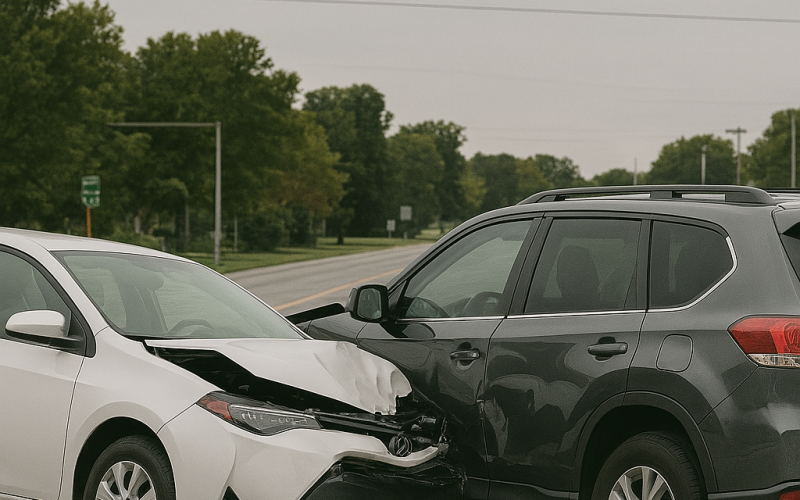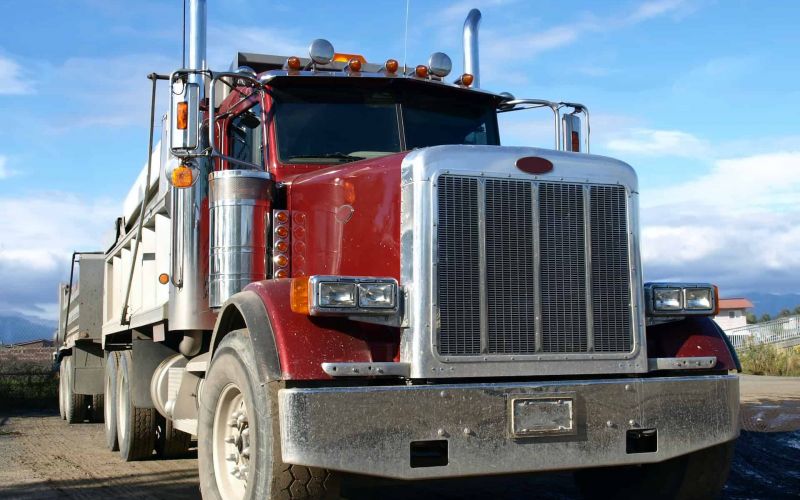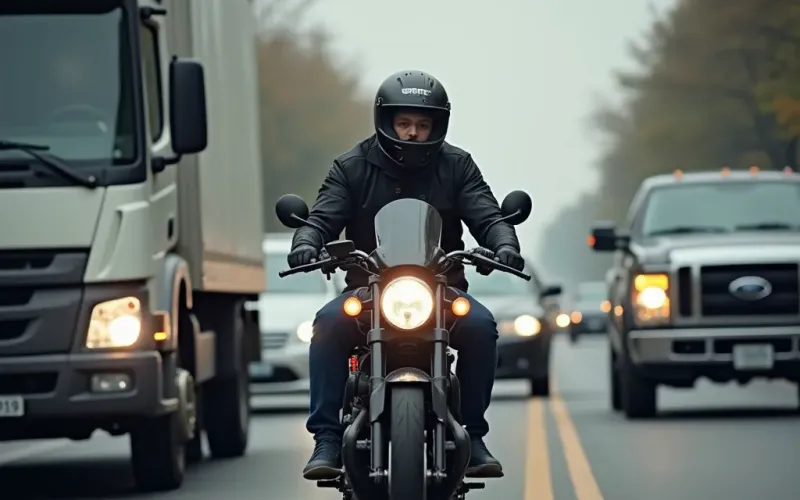Is Brake Checking Illegal in South Carolina
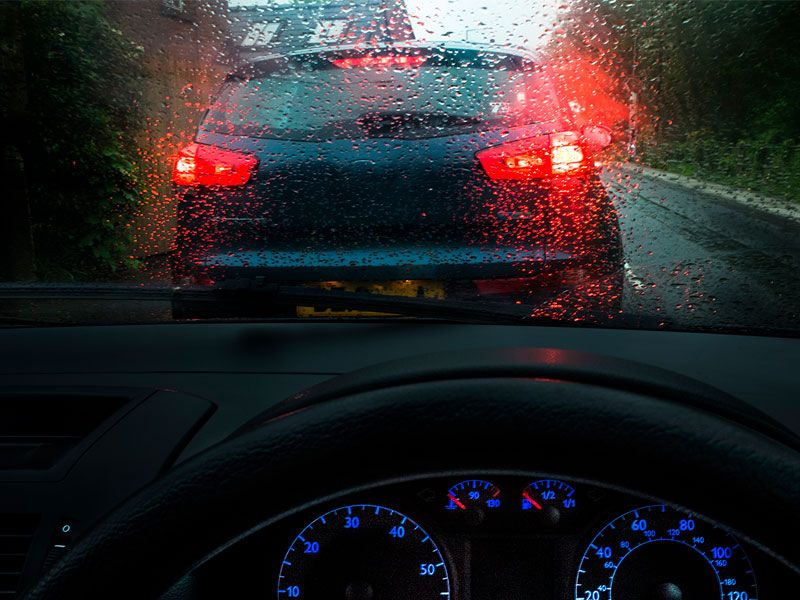


No one likes being tailgated. Drivers following too closely behind you can make you feel unsafe, especially if you need to stop short. However, if you drive recklessly to stop tailgaters, you can be held liable for a car accident, too. When your car is rear-ended, the other driver is almost always at fault, so resorting to unsafe driving practices such as brake checking only puts you at risk for liability. HawkLaw can hold the reckless driver liable for your injuries, whether you are being tailgated or brake checked.
Call our office at 888-HAWKLAW to set up a free consultation* with our dogged South Carolina personal injury lawyers.
Is It Illegal to Brake Check
Brake checking is deemed reckless driving under South Carolina Uniform Traffic Law Section 56-5-2920, meaning you can expect to be held liable for damages. This law essentially states that anyone who drives a vehicle in a manner that indicates a willful or wanton disregard for the safety of others and their property is deemed guilty of driving recklessly. By tapping or slamming on your brakes, you are showing a wanton disregard for the safety of everyone around you.
South Carolina follows a modified comparative negligence standard. That means a driver who is even 1% at fault may be liable for damages caused by an accident. As such, evidence to prove who is at fault and to what degree will be essential for your personal injury case. For example, if you rear-end the car in front of you, the front driver, or brake checker, may also share in the responsibility for the car accident.
There are also consequences for brake checking. You can receive a ticket for reckless driving from brake checking. In turn, this ticket can add six points to your driver’s license and possibly result in a fine. If the police ticket you a second time for reckless driving, it will result in the suspension of your license.
What is Brake Checking?
Brake checking is when a motorist either taps or slams on the brakes to scare or warn a driver traveling too close behind to back off, often resulting in a rear-end collision.
There are various reasons for brake checking. You may be driving along, enjoying the scenery, or talking to your passengers when you notice someone tailgating you. This can either make you nervous or angry, and neither emotion is good to experience when behind the wheel of a car. Either way, you may try to discourage the tailgating driver by brake checking, attempting to send them a message to back off and that they are getting too close for comfort.
Another reason some drivers brake check is to exact a form of revenge on a driver who was perhaps driving too fast or too slowly. Road rage may even be involved after one driver cuts off another in a perceived act of disrespect or aggression. The offended driver overtakes the other car, pulls in front, and then taps or slams on the brakes before returning to a regular speed.
Regardless of the reason, brake checking is unsafe and considered reckless driving. The better option is to slow down and pull your car over in a safe location, letting the tailgating driver pass. If you feel threatened, however, call the police.
How to Prove Prake Checking Was Involved in an Accident
In South Carolina, proving you were brake checked and that it led to the rear-end collision is a complicated process. Video footage from a dash cam or other camera, such as another individual’s cell phone, will be a key piece of evidence to prove brake checking occurred and contributed to the auto accident. Also, be sure to contact law enforcement and obtain a police report.
You will need to prove negligence in your car accident case. To do so requires compiling enough evidence to show that the driver in front of you tapped or slammed on their brakes for no identifiable cause, leaving you limited space or time to bring your vehicle to a stop.
Whether you were tailgating or not, as the rear driver, you do not have to take all the blame. While the other driver may falsely claim to be brake testing at the time with no intention of causing an accident, you can still work with an experienced car accident lawyer to pursue your case under modified comparative negligence.
Proving you were brake checked can be difficult, but video footage or eyewitness accounts may help your case. For this reason, always ask for the contact information of any eyewitnesses, including your passengers, other drivers, and bystanders.
What Injuries Result from a Brake Checking Accident?
Often, a brake check causes you to rear-end the other driver, suddenly change lanes, or swerve into oncoming traffic. When rear-end crashes or other accidents occur due to brake checking, common injuries often include the following.
Whiplash Injuries
Whiplash is the most common injury suffered by accident victims. It happens when the neck is forcibly jerked forward and backward upon sudden impact. Injury to the neck’s muscles, tendons, and discs can occur. Signs of whiplash include neck stiffness and pain, numbness in your arms or hands, shoulder pain, dizziness, and tinnitus.
Concussions and Traumatic Brain Injuries
Concussions and traumatic brain injuries (TBIs) are also common in accidents. These serious injuries occur when someone is involved in a sudden trauma where the brain is jostled within the skull or the head receives a sudden blow or jolt, causing damage to the brain. Your head may impact some part of the vehicle’s interior during the car crash, resulting in a traumatic brain injury that can be mild or extremely severe.
Back Injuries
Injuries to the back often result due to the force of impact experienced in a rear-end car crash. Such injuries can occur in the thoracic and lumbar regions of the back and may result in nerve damage and more.
Common back injuries include herniated or ruptured discs and spinal cord injuries, which may be temporary or permanent. Accident victims can also experience spondylolisthesis, the displacement of a vertebra by a stress fracture. Sprains and strains, called soft tissue injuries, to the muscles, ligaments, and tendons located in the back also can occur. These types of injuries may be subtle at first or not show up at all right away.
Signs of a back injury include mild to severe pain, numbness, headaches, lack of mobility, and even difficulty breathing. These symptoms can begin immediately or in the days following brake checking accidents.
Other injuries or a wrongful death can also result from a brake checking accident. If you are injured or lose a loved one in an accident, consult with the law offices of a personal injury attorney immediately. With legal advice, you can determine how to move forward with a personal injury claim or wrongful death lawsuit.
Some Drivers Just Take It Too Far. Fight Back.
Brake checking is reckless driving. If you sustained injuries after a brake check, HawkLaw could help you hold the other driver accountable. Get in touch with the client-dedicated personal injury lawyers today at our law firm and request a free consultation* by calling 888-HAWKLAW or by completing our online contact form.
John D. Hawkins
John Hawkins is the Founder and CEO of HawkLaw He has been licensed to practice law in South Carolina since his graduation with honors in 1994 from the University of South Carolina School of Law, where he was on the Law Review and Order of Wig and Robe.
-
$3,000,000*SettlementTrucking Accident
-
$1,005,000*SettlementCar Accident
-
$575,000*SettlementPersonal Injury
"*" indicates required fields


